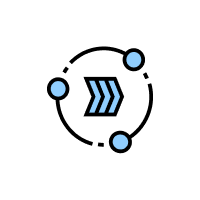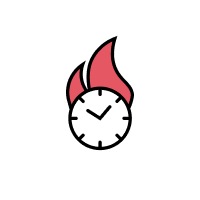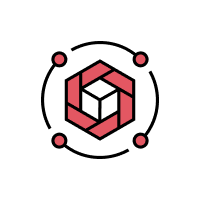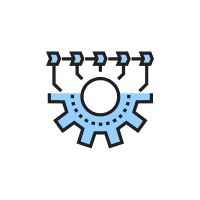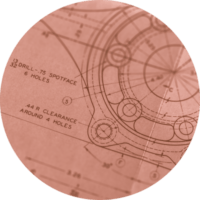Case Studies
Health Insurance: End-to-end Payer Operations Process Improvement Nets 25% Capacity Gain
Top 3 Regional Health Insurance Provider Enterprise Operations
Location:
Western United StatesCLIENT Situation
Health Insurance Operations Improvement Through Knowledge Work Standardization
The new COO of administrative operations faced two directives. Improve customer experience. And deliver major health insurance operations cost reduction.
Previous cost cutting efforts had succeeded briefly, but customer experience suffered. Headcount shrank but administrative errors did not. Customers flooded the phones with complaints. Most managers viewed healthcare payer operations cost reduction and service improvement as competing goals. Meanwhile, low-cost competitors were stealing customers.
Early in her career, the COO worked as a manufacturing engineer. She saw the problem differently. She wanted to find ways to improve healthcare payer operations productivity, quickly and massively. Her internal operations consulting team was already toiling away at productivity improvement. And their lean consulting methods succeeded at small scale. But these failed to increase productivity enough to make a competitive difference. At large scale across the entire healthcare payer value chain, the team struggled to apply lean management methods. They could not deliver end-to-end, enterprise health insurance operations process improvement.
Project Sponsor
CHIEF OPERATING OFFICER— ADMINISTRATIVE OPERATIONS
Non-technology, self-funding operational improvement implementation:
- No new technology
- End-to-end health insurance operations
- 6-month implementation
Client Description, Project Scope, Objectives
The health insurance company was a Top 3 competitor in the western U.S. The operations team consisted of roughly 3,000 employees in four locations across three states. She engaged The Lab to rapidly improve knowledge worker productivity in her organization.
The COO wanted manufacturing-style lean operations standardization. She wanted to transform operations into a “knowledge work factory” to achieve both cost reduction and increased customer satisfaction. The ability of The Lab’s non-technology & standardization improvement templates and methodology to achieve this was obvious to the COO.
The transformation initiative began with a 7-week, Phase I analysis and business process review of all operations. It delivered a self-funding, guaranteed business case and work plan to launch the 6-month, Phase II implementation.
Project Objectives
- Cost reduction
- Customer service improvement
- Lean management methods
Project Scope
- Provider services & operations
- Membership operations
- Membership claims
- Member services
Lean Health Insurance Operations Transformation Examples
The Lab implemented more than 200 non-technology, lean healthcare payer operations improvements. Examples:
Standardized Lean Data Submission Formats — Providers submitted data in nonstandard formats due to a lack of guidelines. Operations employees reformatted most of these data. In the first 3 weeks, The Lab implemented data submission guidelines. Monitoring compliance with these reduced reformatting by 80 percent.
Eliminated Recurrent Errors and Resulting Rework — A small number of recurrent errors generated most corrections. Inaccurate, outdated membership files caused errors with the highest customer impact. Seven standardized processes reduced membership errors by over half.
Pre-Empted Customer Service Calls — The website provided numerous self-service options. But member services did not promote them. Avoidable calls for information accounted for nearly one-half of total call volume. Non-technology improvements helped to advertise self-service options. This eliminated 60 percent of informational queries within 3 months.

